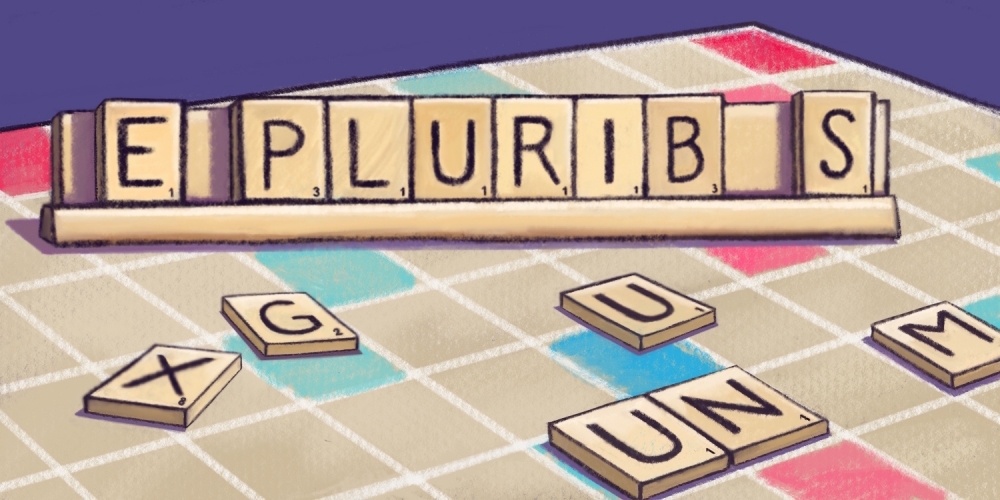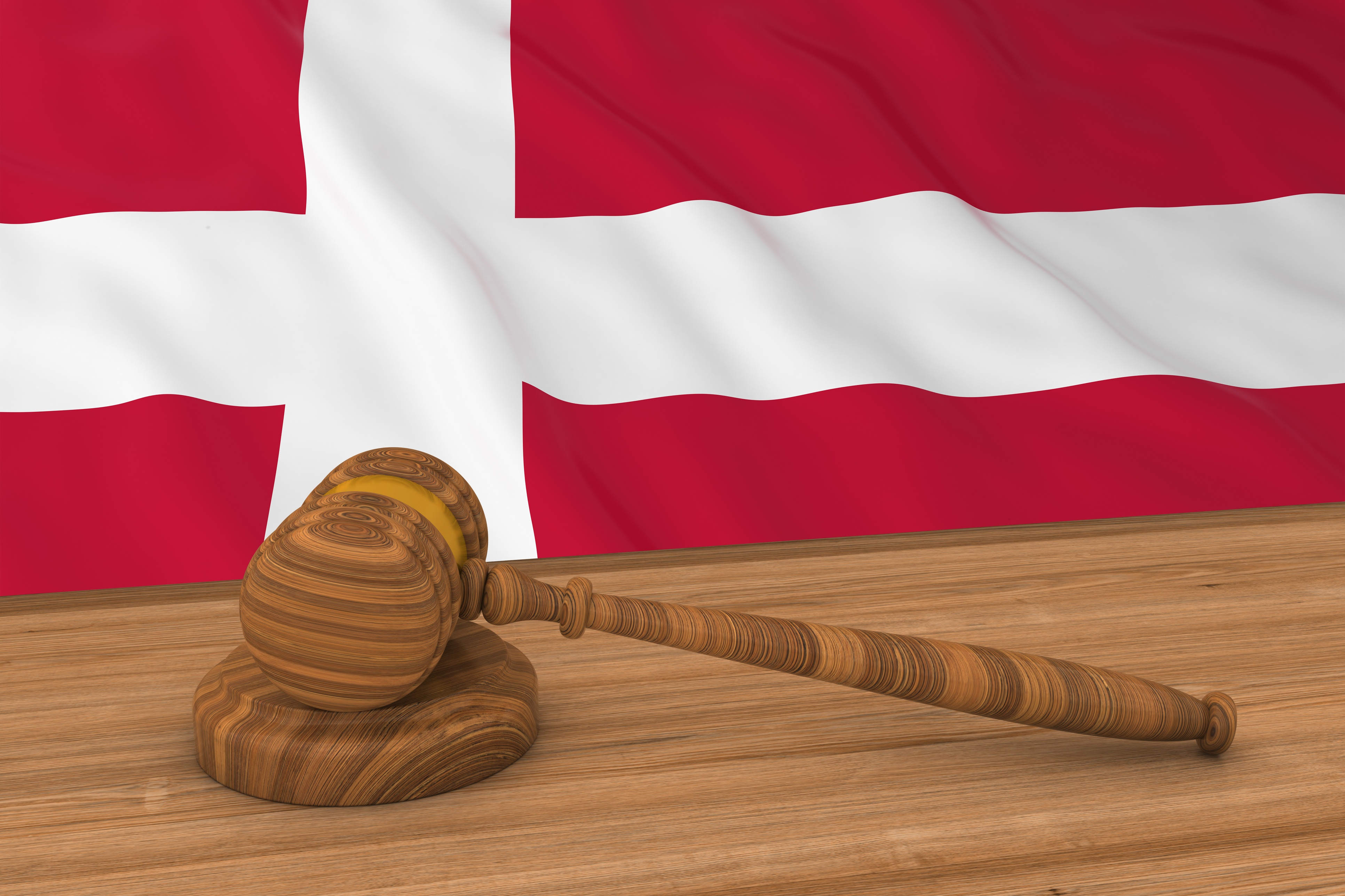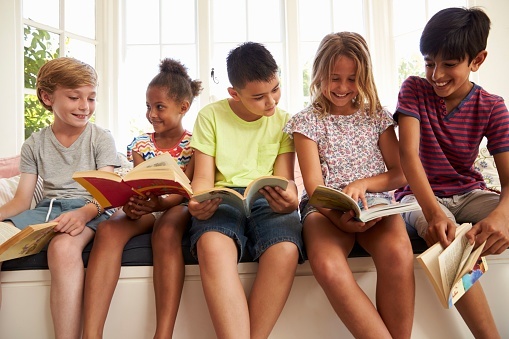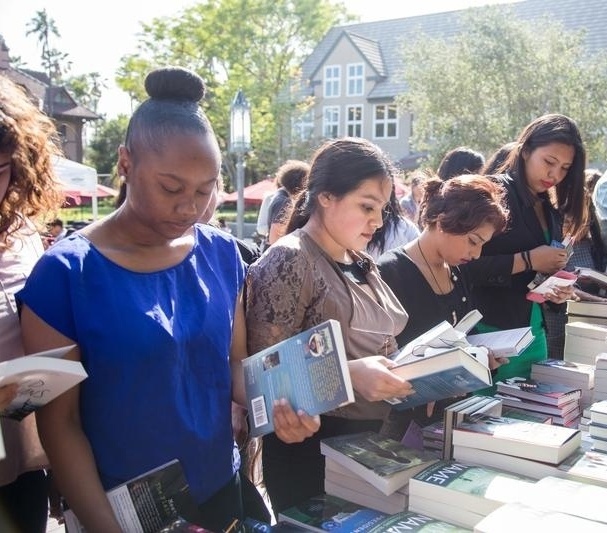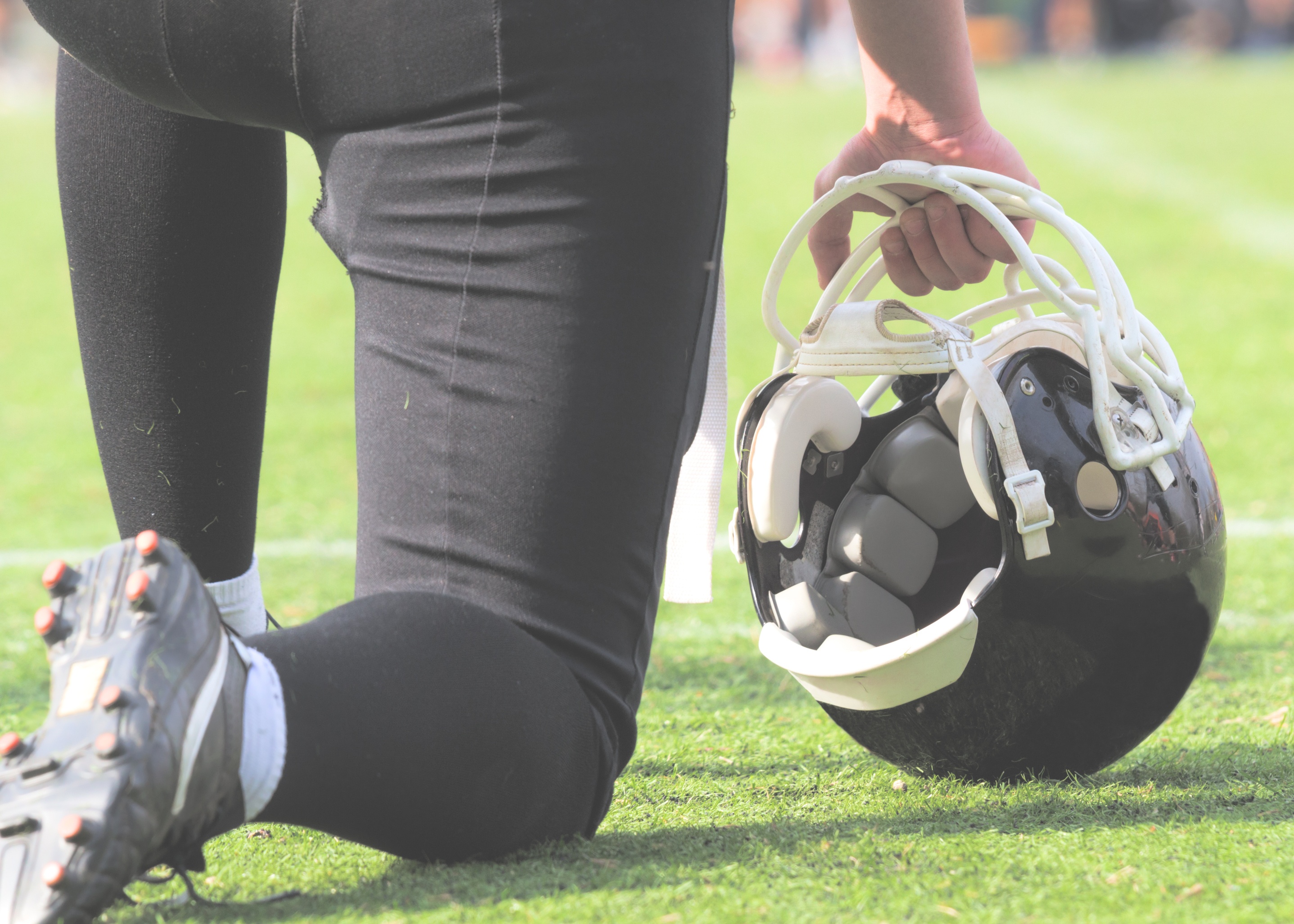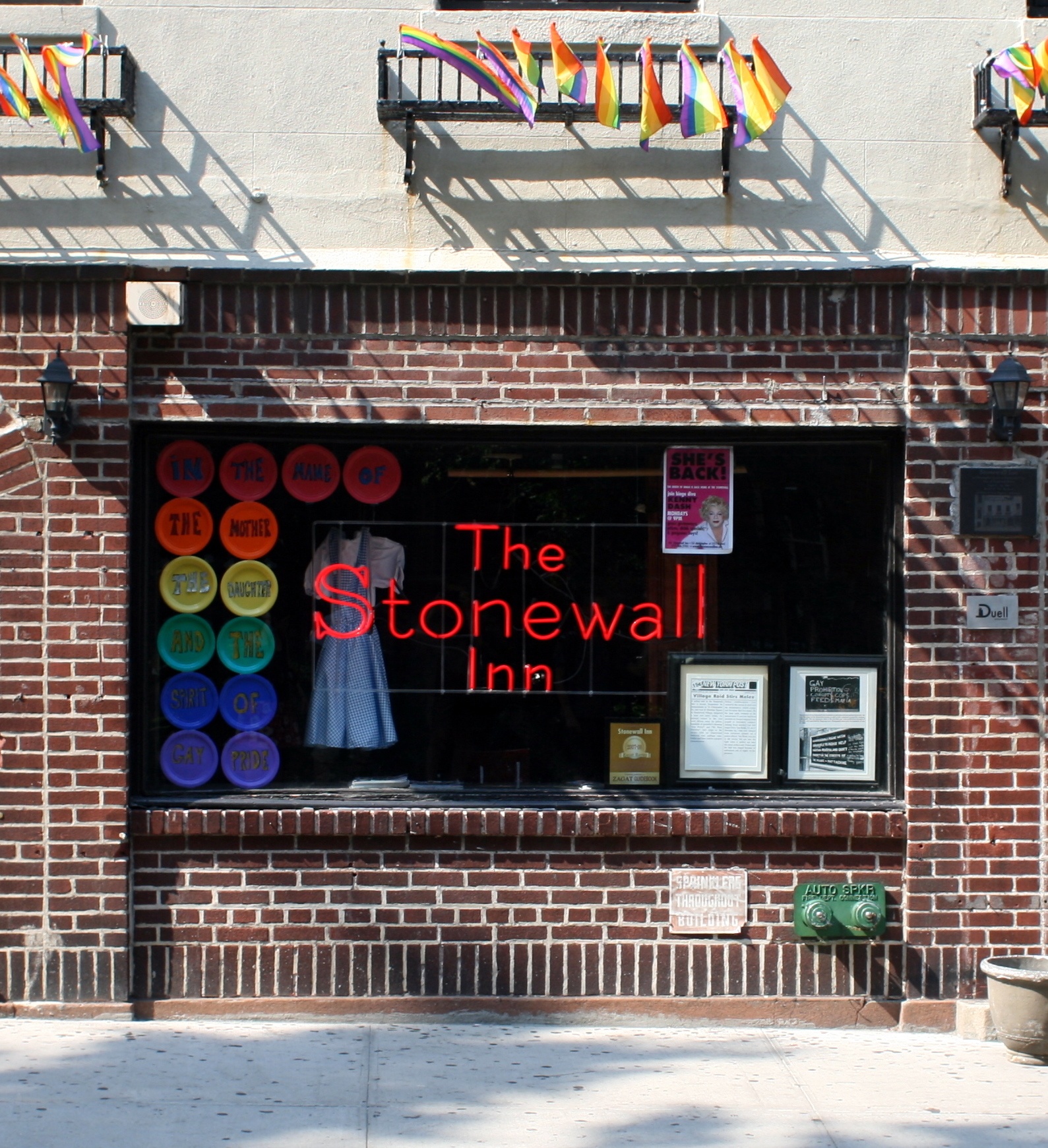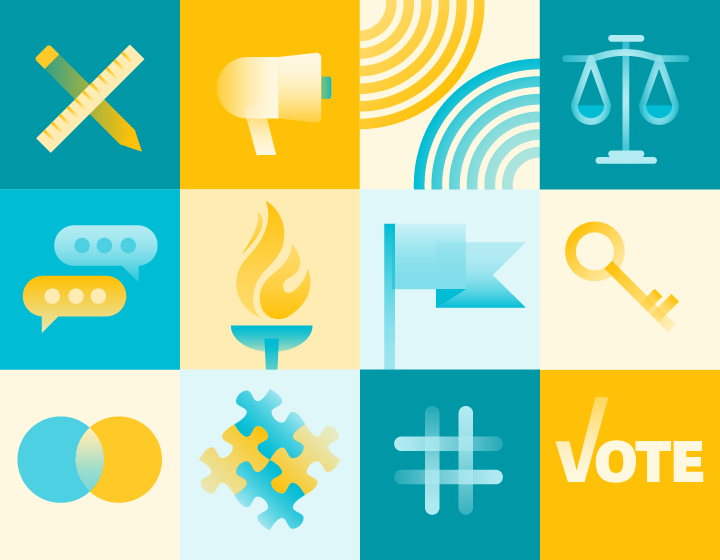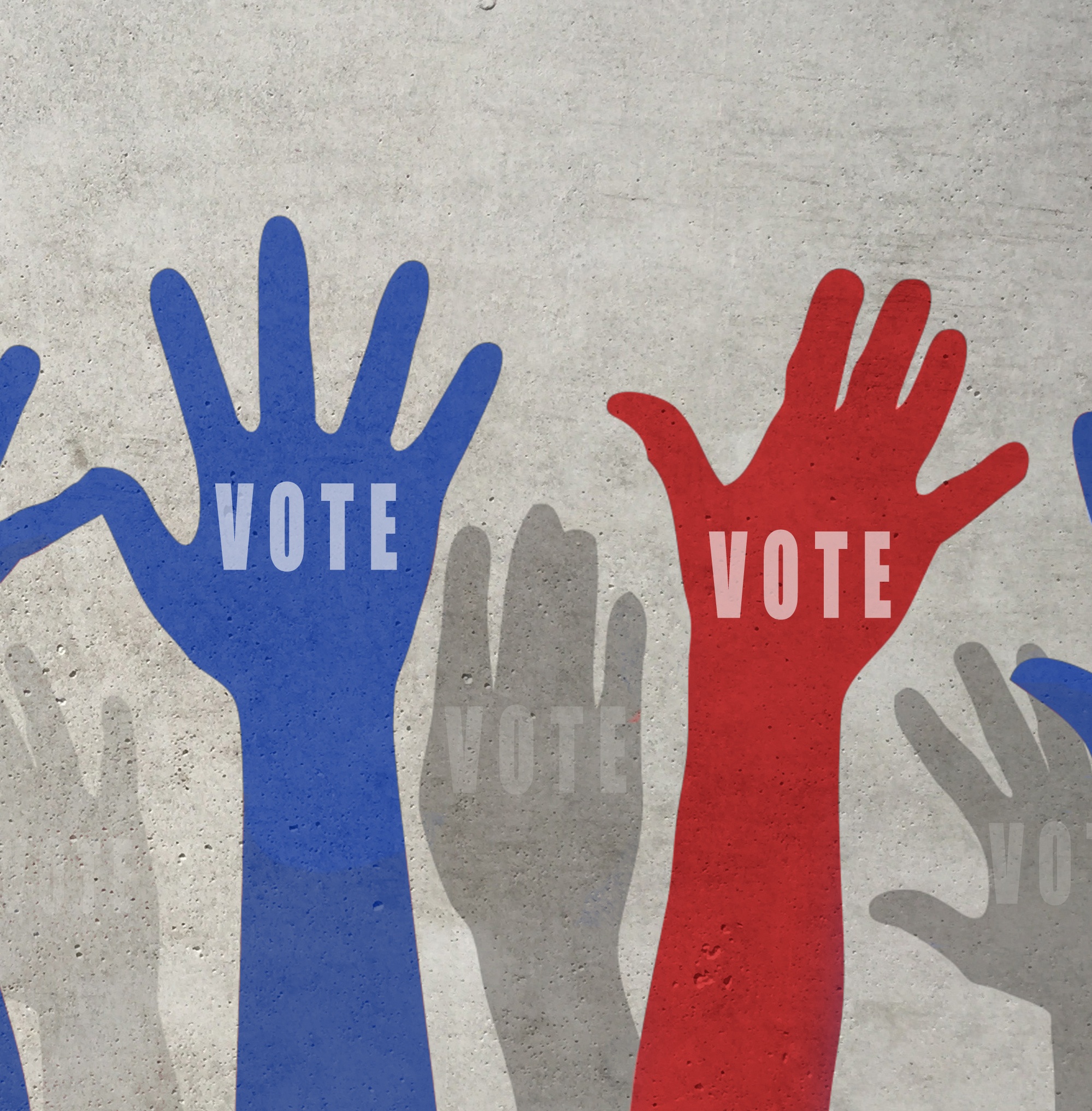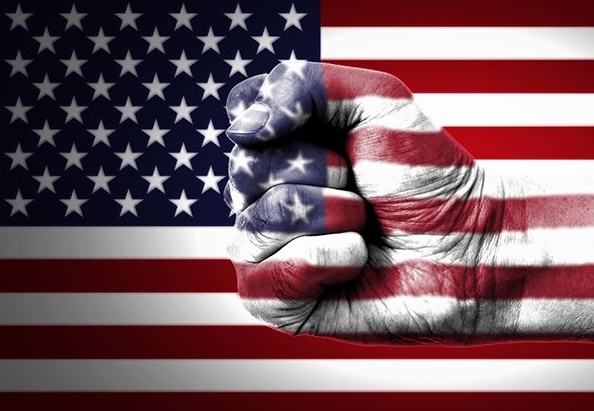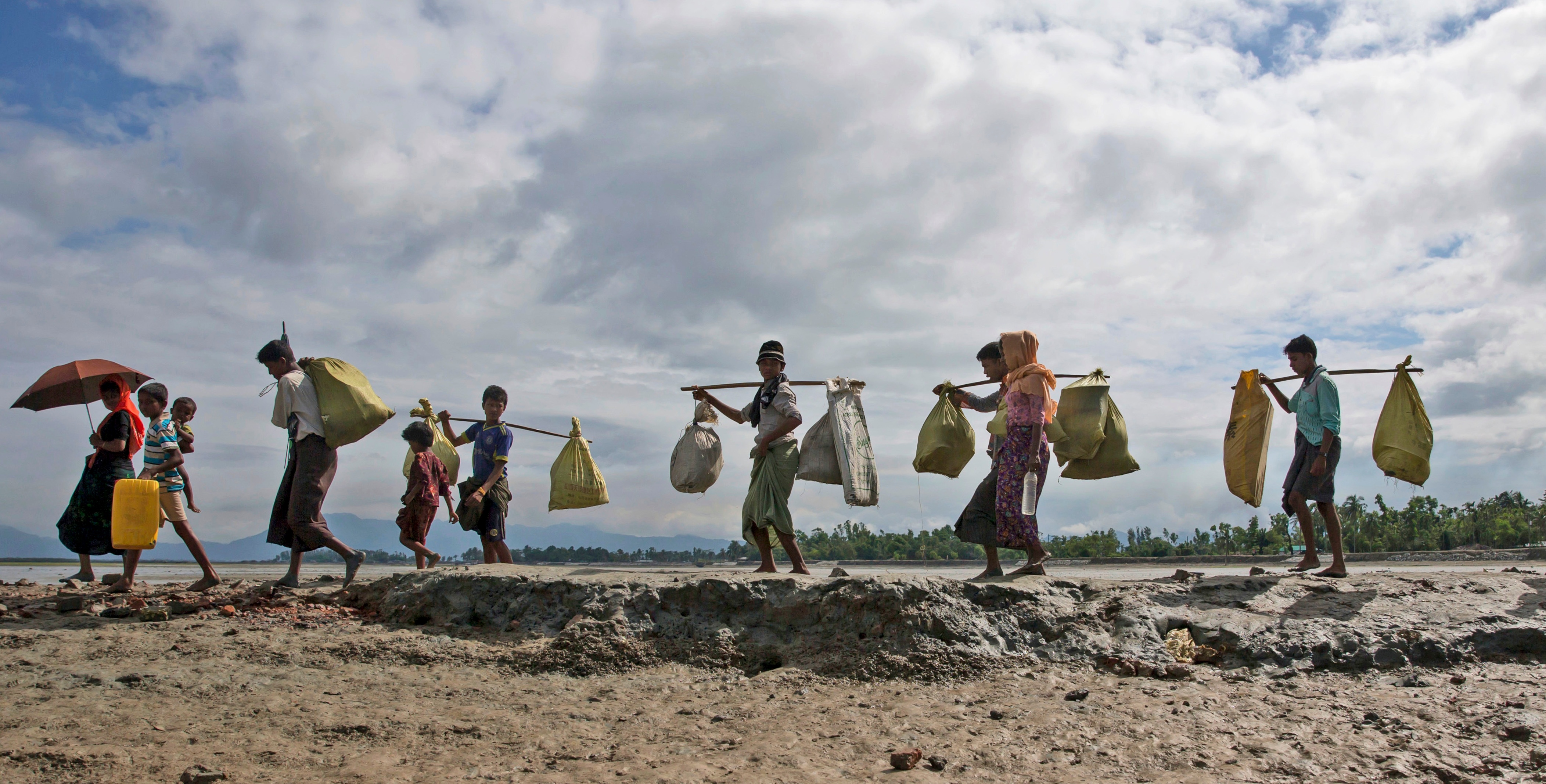Today is World Refugee Day. Read this guest post from Leah Shafer to consider the unique challenges refugee students face everyday in the classroom.
Addressing the Real Challenges Refugee Students Face in the Classroom
Posted by Leah Shafer on June 20, 2018
Topics: Refugees
On August 1, a Danish law will ban full-face veils such as niqabs and burqas worn by some Muslim women. This restriction raises questions about national identity and the tensions that arise as migration alters demographics and cultural expressions. At the center of this law are assumptions about what it means to be Danish, concerns raised by religious pluralism, and decisions regarding the treatment of minorities.
Topics: current events
Often, summer is a time for relaxation. However, many of us also seek stories that will immerse us in the experiences of others or will help us stay engaged in making a better world. Here are a few picks that will teach, challenge, and inspire us this summer.
10 Steps for Organizing a Whole-School Read In Your School Community
Posted by Molly Schen on June 11, 2018
The right book can bring a school community together. That's why we encourage whole-school reads. The book itself will offer a powerful theme, an inspiring character, or a memorable moment that can bring everyone together and help students and teachers strengthen their bond as a community. The process of reading and discussing the book as a school builds shared understanding, reference points, and memories. They even help open up difficult conversations. Even though this school year is winding down, consider how you can organize a whole-school read for next year by checking out these 10 easy steps!
Topics: Reading
Last month, the NFL announced its plan to fine teams if their players kneel in protest during the National Anthem. Sparked by incidents of police violence and brutality towards people of color, mainly black men, this movement started in the fall of 2016 with then San Francisco 49-er Colin Kaepernick. As kneeling has gained momentum in the year and a half since, it has thrust sports and politics into the line of fire, distracting from the protest's original intent: to bring awareness to the everyday racial injustices people of color face in the United States—particularly police brutality.
Topics: current events
In June 1969, when I was 12, I walked into my mother’s bedroom late one night when news broke on her radio that homosexuals were rioting in Greenwich Village. She was incredulous that people she viewed as physically reticent could be knocking over garbage cans and rocking police cars. “Now, they’re rioting? Even them?” My mother did not mention who “they” were and certainly did not know that her own son was one of “them.” And no one knew that night that a bunch of runaways and street kids who hung out at a gay dive bar called The Stonewall Inn, would inspire LGBTQ people and others to this day.
Topics: LGBTQ
Go Behind the Scenes of This Year's Winning Student Essays!
Posted by Stacey Perlman on May 30, 2018
Facing History and Ourselves is proud to announce the three Upstander Scholarship winners of the 2018 Facing History Together Student Essay Contest! Thanks to a generous contribution by Holland & Knight, these three received $5,000 toward tuition fees for college. This year’s theme, which was connected to the documentary film, American Creed, asked students to tell a story that they believe shows the power of uniting people, building bridges, or orienting us to what we share and the common good.
Topics: Student Voices
Today’s News, Tomorrow’s History: Should the Voting Age be Lowered?
Posted by Monica Brady-Myerov on May 24, 2018
Today’s News, Tomorrow’s History is an ongoing series with Listenwise. This series connects Facing History’s themes with today’s current events using public radio to guide and facilitate discussions around the social issues of our time. We will take a look at the benefits and challenges of lowering the voting age in the United States.
Topics: Today's News Tomorrow's History, current events, Listenwise
Good arguments are crucial to a healthy American civic life. They provide a means to reckon with difference and sometimes to forge joint solutions. We’re a pluralistic, democratic society — one that encompasses people from all backgrounds and walks of life — and we do not want to embrace only one point of view or approach to making the world a better place. We actually desire thoughtful debate expressed through different viewpoints because a thriving democracy needs good arguments.
This piece was originally published before the Elie Wiesel Genocide and Atrocities Prevention Act became law in 2019.
As the school year draws to a close, students and teachers in Facing History and Ourselves classrooms are exploring the theme of “Choosing to Participate.” After delving deeply into historical case studies, from The Reconstruction Era and the Fragility of Democracy to Holocaust and Human Behavior, they’re asking an important question: How does history educate me about my responsibilities today?
Topics: Genocide/Collective Violence

